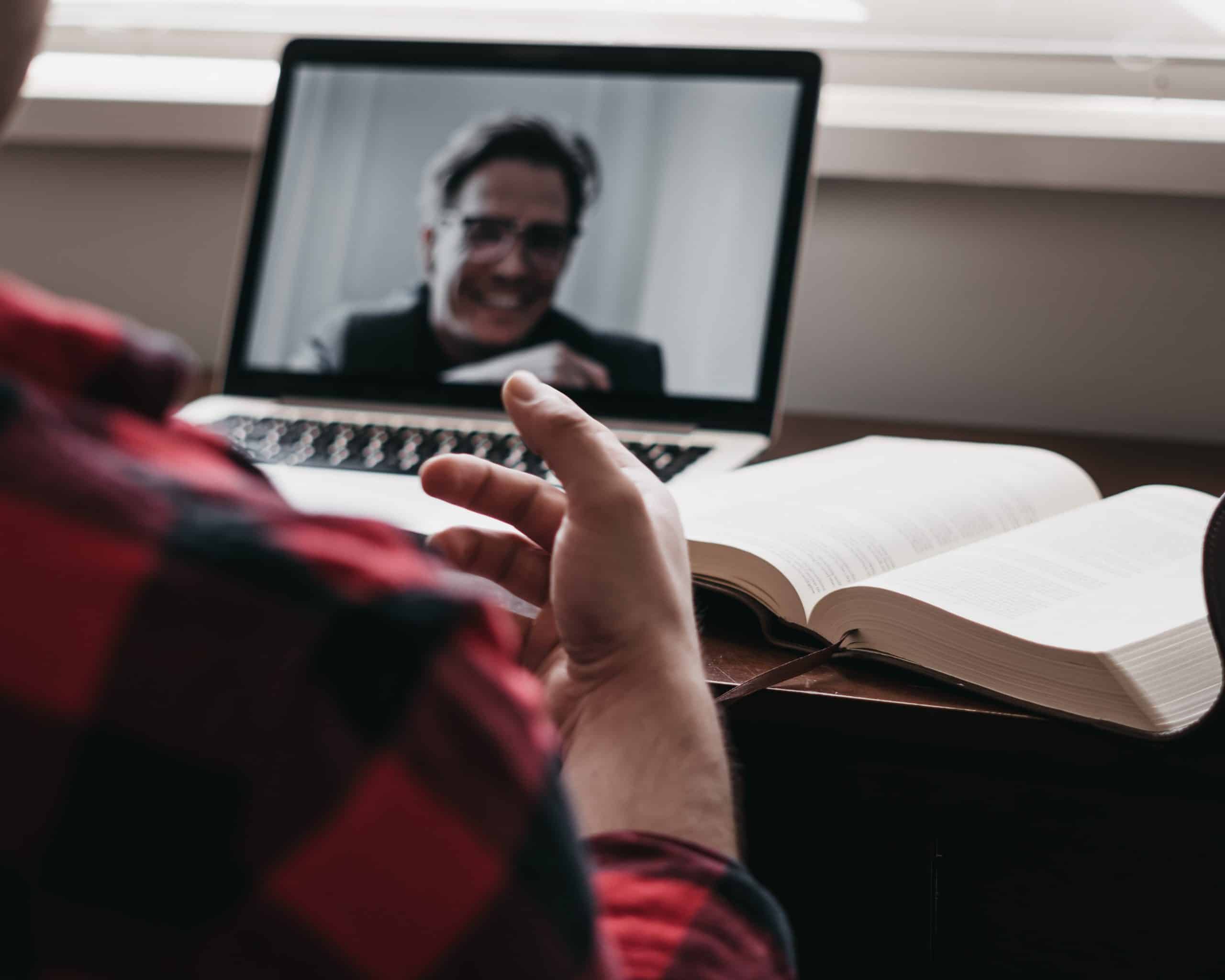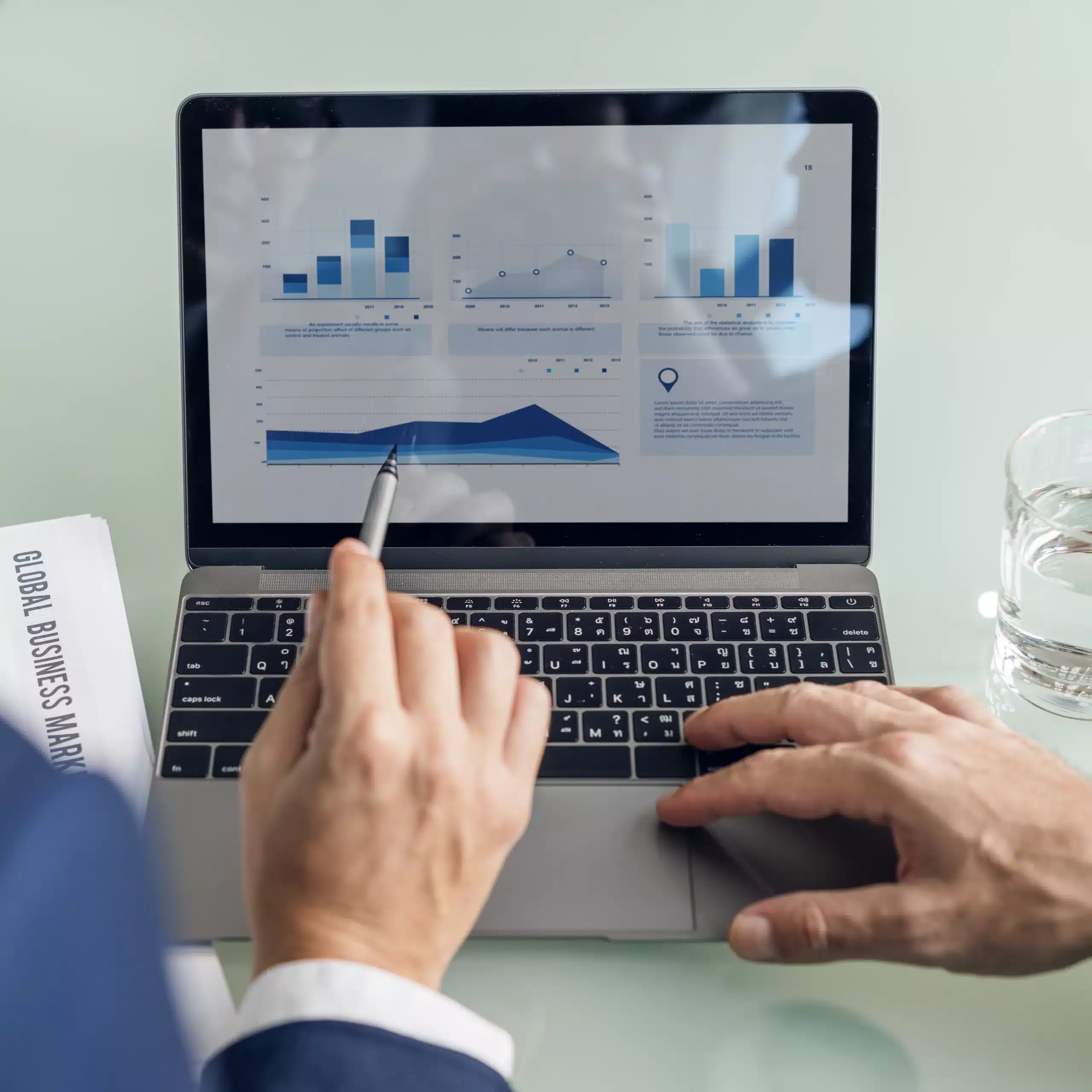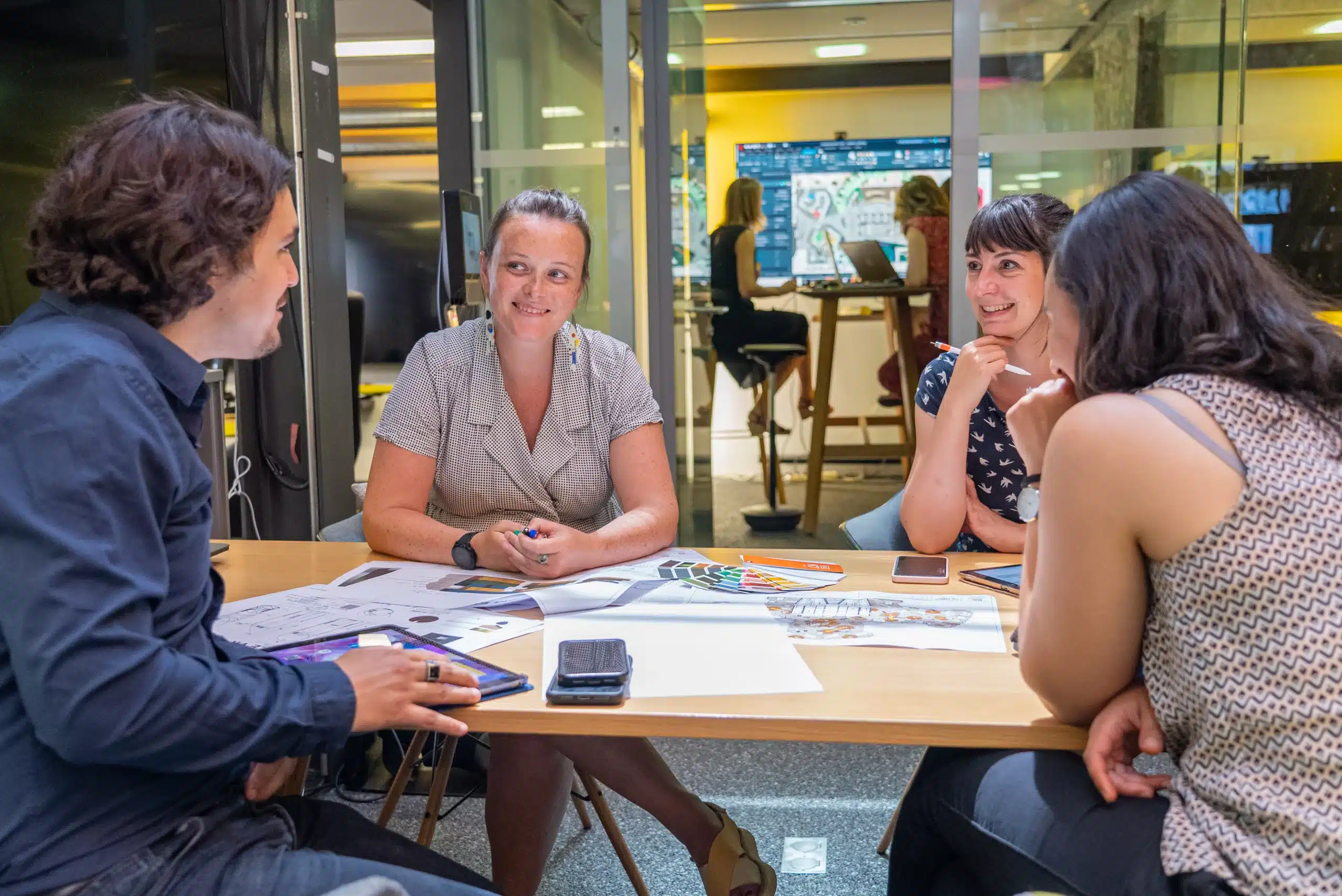Interview with Utopies
Interview
An exchange with Antoine Joint, from the Utopies firm

"Hello Antoine, can you introduce yourself and Utopies?
Utopies is a CSR and sustainable development consulting firm. It was created thirty years ago by Elisabeth Laville, who is still at the head of the firm. We are a financially dependent firm and there are about 80 of us today. This is a fairly large firm on the subject of CSR and sustainable development compared to the French sector.
We work with large companies, and more and more mid-sized companies, SMEs and startups. As well as local authorities and metropolises on all aspects of sustainable development and CSR: building CSR strategies, developing positive brand platforms, developing a culture of sustainable innovation, and building impact strategies.
I've been at Utopies for eight years. Before that, I was an information systems consultant, more focused on IT and transformation issues. I worked for four years at Accenture.
You've felt the demand grow quite strongly over the past few years. Is this very noticeable?
Indeed, our sector is growing strongly. We have grown +20% in the last two years, and the same for the two previous years. We grow organically without the need for investment, which is important for our independence. We really follow the market. It is true that since the end of 2019 there has been an acceleration on the climate.
The health crisis has allowed some companies to reflect on their sustainable development strategy and to ask themselves questions. Finally, we feared that this crisis would be a brake on sustainable development and CSR, because generally when there are crises, companies reduce the budgets related to this to focus on something else. But this was not the case.
Do you feel a sense of urgency in companies? Is it something that is built up as you go along? What analysis can you make?
I don't think there is a real sense of urgency unfortunately, but there is a real awareness. Today, many companies and investors are saying that they are not doing anything about climate or CSR and that it is time to do something serious. It's a first step, the sense of urgency comes a little later with maturity and after an initial diagnosis.
Once we start talking about sustainability with leaders, there can be a real sense of urgency that can go as far as changing their business model or product catalog.
Even if there is not a real sense of urgency yet, it is still a good sign that many companies are now committing themselves to CSR and that many investors are encouraging companies to commit themselves as well. Consumers are more aware and are demanding.
When you do a mission for a company that does not have a CSR policy in place, how do you go about moving forward with this type of client? How do you break down the mission to move the subject forward?
If we take the example of a CSR strategy, the first thing to do is to make a diagnosis of the issues, this is a materiality analysis. We conduct internal interviews with the members of the management. We ask them questions about how they perceive sustainable development in their business, what it will change, if there are risks, opportunities, etc. Is it related to or opposed to their business?
After that, we do interviews with external experts who have more of a forward-looking or specific vision on certain issues such as plastic, oceans, pollution. This is the first analytical framework that makes it possible to position the issues according to their level of importance for the internal and external sources, and for the impact of the issues on the company.
Secondly, it is a matter of synthesis. We identify the main issues, we set up major pillars that will structure the strategy (supplier, internal, employee pillar). We set up commitments, roadmaps, objectives and indicators, etc.
The last step is to ask yourself: How to communicate this CSR strategy internally and externally? How can it be valued?
Do you manage to follow in the long term, to feel the impact of your missions after a few months or years? Do you manage to keep in touch?
With some companies, yes. We have been working with some of them for a long time, but unfortunately we do not follow them enough. The reason is that we are in a fairly short consulting cycle, with many different customers.
Have you implemented everything at Utopies that you put in place for your customers?
At Utopies we try to be exemplary. We were the first company to be certified B Corp in France, and we have been leading the B Corp movement for 7 years. We have set up labels such as Great Place to Work, and we had the best rating of SMEs in 2018 in France. We set up a number of questionnaires for interns, such as Happy Trainees.
Internally we have several things in place: a shiatsu masseuse comes every week, we have yoga and sports classes with another firm, we do a lot of seminars. We also rent an apartment next to our offices to be able to accommodate people who work in the regions. We have a policy to promote cycling, and many other things.
It gives good ideas! From an organizational and team point of view, has Covid changed your dynamic? How would you translate the before-and-after in Utopies?
Before, we were already doing a little teleworking: about two days each, depending on the consultants and the activities. We were already used to working remotely. Covid has allowed us to equip ourselves. We took the opportunity to equip ourselves with Stafiz because we needed better management with a digital solution.
What has changed is that we do more seminars when we are not confined. We have more moments of collective reunion than before because we are more teleworking too. We do wine tastings, champagnes in the evening etc.
Now the policy is that everyone does as they want about teleworking, you just have to remain available for team meetings, and client. We are more flexible in terms of job openings in the regions.
You have created more moments of exchange outside the frame.
Yes, there you go. We hold seminars for the whole company, for the teams. We also rent offices which are meeting spaces for the teams.
What has changed a lot are the events we organize with customers.
Do you still go on site a lot? Has this changed?
Yes, it has changed a lot. Before, we organized a lot of breakfasts and we did physical conferences with our customers and partners. And now, kind of like everyone else, we mainly host webinars. It turned out to be much simpler, and we will continue to do so, because it allows us to reach many more people. Thanks to Covid, we have equipped ourselves on this aspect.
Is there a lack since you set up these webinars, compared to face-to-face conferences? For the performance of the exchange and the trading side.
Webinars are not really times for exchange. We take a subject and push it. We invite experts and customers. It's quite top-down. So on this format, it's not a big deal. People like to sign up and access the replay to watch it whenever they want
With customers in the context of a project, there is much less face-to-face exchange. Which is also a good thing when you think about the distance and the journeys to be made. Companies remain quite open about remote meetings.
But there are certain moments in the relationship with customers and the life of projects when it's better to see each other. Today, physical meetings are not completely excluded. I have the impression that it came back from September 2021 and throughout the fall, but unfortunately it is starting to be done less and less again (date: December 21, 2021).
The moments in the projects where face-to-face and collective work are important are to build a climate action plan. We need to talk to each other, to make people understand certain things and to exchange. Doing it remotely is less efficient. On these sustainable development issues, people need to share their feelings in order to get involved.
In your opinion, will the consulting profession evolve in the coming years? What will the consulting profession look like in 5 years, or in 10 years? What changes are already being made? Will the approach remain the same?
In terms of form, there may be more people working as freelancers or in firms scattered here and there. This is already increasingly the case today. Basically, the future in 10 years is very uncertain: financial professions will disappear, sectors will be created and developed (in energy, real estate construction, mobility, waste, etc.), consumption will change, supplier and supply chains will be more tense, and climatic hazards will be more frequent. I think that the consulting profession will evolve to support companies on these new challenges.
Do you already work with freelancers?
Some of the freelancers we work with are recognized experts in their field, others are former Utopies employees who have another activity on the side.
It's true that there are more and more hybrid teams. But we also note that in consulting it is not feasible to be only fully independent: we will also look for specialized expertise, rather than more generalist internal profiles.
It's difficult to have a lot of freelancers, because team cohesion is not as good. Our team works well because the employees know each other and are used to working together.
When you have 200 to 300 projects per year, there is a lot to learn from other missions, clients and consultants. Having an esprit de corps is helpful. With freelancers and those who live in the regions, it's more complicated even if we manage to meet remotely. A disaggregated model that only includes freelancers, for me it doesn't make a company. That being said, it depends on the sector. There may be some where this model can work very well, or even work better.
It is indeed more complicated to create a corporate culture and commitment with this type of profile. When you leave Utopies to go to groups that work on these subjects, is it varied? Do you see a trend?
It's quite varied. When you leave Utopies, you don't go to another consulting firm in general. Some will work in companies internally, in CSR departments. Others completely reorient themselves in more cultural professions, yoga etc. Some remain in the field of CSR but will work in finance or international organizations, global organizations etc. Some will go to consulting firms that are positioned differently (large companies, social) or start freelancing.
It's still quite diverse and opens up a lot of things! Thank you Antoine."
Our other customer interviews: Hystra, Youmeo, Calyans, Meja.
You might be interested in other articles

Optimizing Customer Relationship Management (CRM) with Stafiz: the case of Artimis
...
